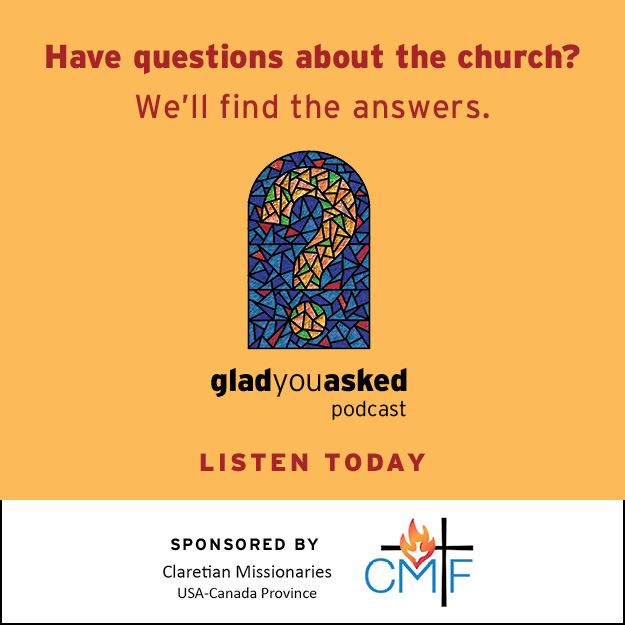For the second time in seven days, Cardinal Timothy Dolan took the national stage to deliver a speech–er, make that benediction–at the convention of one of the major political parties. And it took little time for observers to start carefully comparing Dolan's words last night at the Democratic National Convention to his prayer a week earlier at the Republican Convention in Tampa.
The text of the two prayers is quite similar, but it Dolan clearly slipped in some targeted remarks to both parties. At the RNC, he asked God to "Bless those families whose ancestors arrived on these shores generations ago, as well as those families that have come recently, to build a better future while weaving their lives into the rich tapestry of America." Most saw this as a clear commentary on immigration–an issue where the position of the bishops has (generally speaking) been at odds with the Republican Party's agenda. This part of the prayer was absent from Dolan's benediction at the DNC.
Dolan's words to Republicans also emphasized the needs of the poor, calling for the "grace to stand in solidarity with all those who suffer," and for the poor and "all those who seek honest labor" be able to share in the nation's prosperity. Again, critics of the Republican policies on providing aid to the poor would likely be pleased by these remarks and hopeful that the party's leaders would take them to heart.
In both prayers Dolan mentioned religious freedom, but at the Democratic convention he clearly spent more time emphasizing the importance of this point, no doubt as an extension of the bishops' ongoing verbal and legal battle with the Obama administration over the church's claims that its religious liberty has been threatened. Dolan also strongly emphasized the church's opposition to the Democratic Party's pro-choice platform by praying for "those waiting to be born" and asking for the courage to defend the gift of life.
At both conventions Dolan called for "respecting the laws of nature and nature’s God and not seek[ing] to replace it with idols of our own making." But for the Democrats he added the extra line, "or to remake those institutions you have given us for the nurturing of life and community." Anyone who has followed the bishops' opposition to same-sex marriage, which the Democrats now support in their party platform, will recognize the argument against attempts to "remake… institutions" established by God as a criticism of the Democrats' position on marriage.
For those who have paid attention to the U.S. bishops' messages in recent years, none of the positions taken by Dolan should come as a surprise. The church supports justice for immigrants–regardless of their documentation status–and care of the poor, while strongly opposing abortion and same-sex marriage. The bishops' differences with both parties and with politicians on both sides over these issues have been well documented long before the conventions.
But what is different is that Dolan got to deliver these messages, albeit in a more subtle manner, on a grand stage before the key leaders of both parties. As Huffington Post religion reporter Jaweed Kaleem points out, Dolan is the first U.S. bishop to travel outside his own diocese to speak at a party's convention since then-Philadelphia archbishop and then-bishops' conference president Cardinal John Krol traveled to Miami to bless the Republican National Convention in 1972. I'm not aware of any previous bishop who hit the road to pray at both parties' conventions in the same year.
While I agree with the argument of our own blogger Bryan Cones that religious leaders speaking at these kinds of events is generally not a good idea, I do give Dolan credit for addressing the failings of both parties. But those who paid close attention to Dolan's words at each convention should have come away with more than a simple recap of where Catholic teaching differs from their party's platform. The real message to political leaders was that the cardinal who put himself in such a prominent position at both parties' conventions is a powerful figure who commands a lot of attention. And more importantly, he's every bit the politician that they are.










